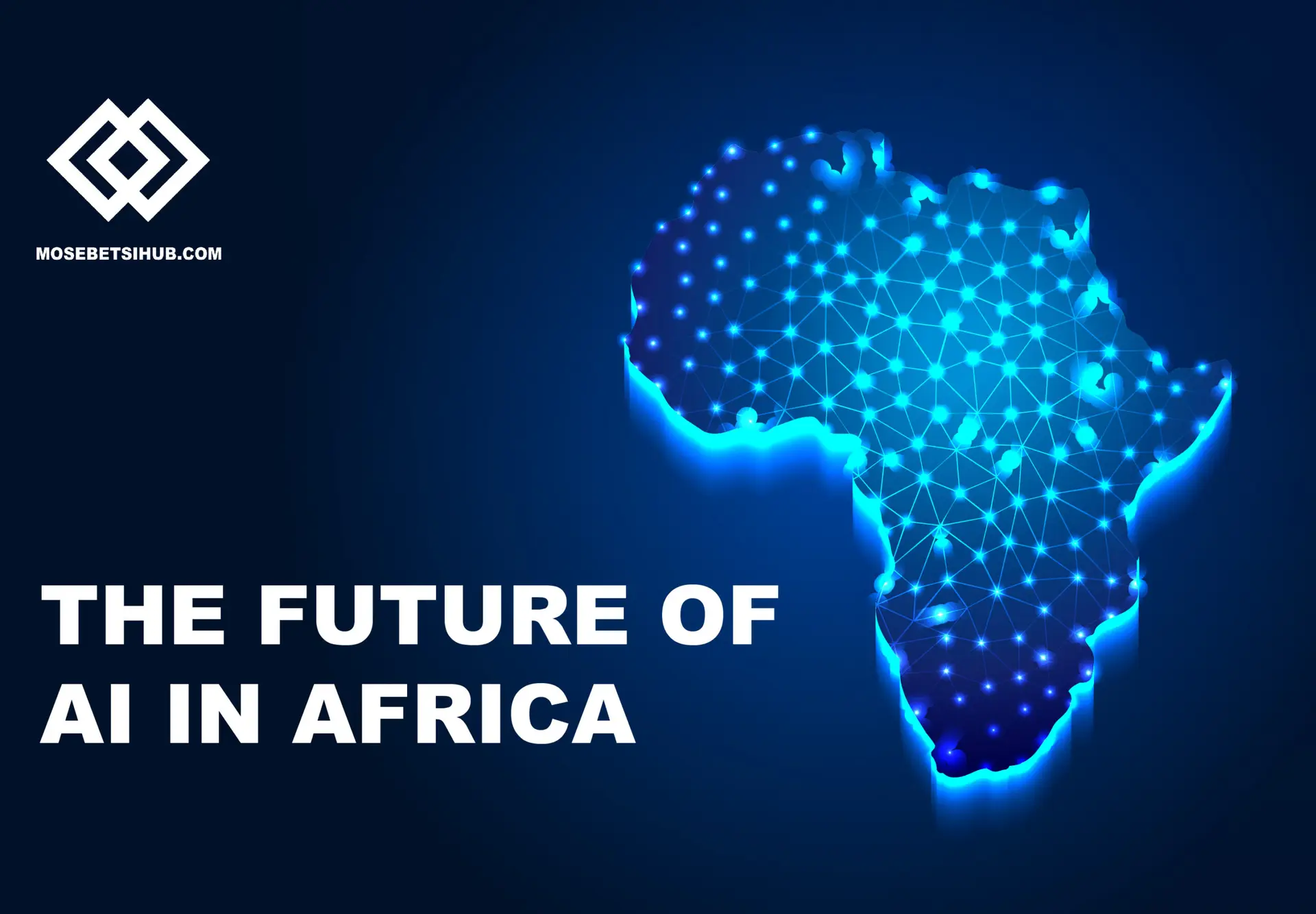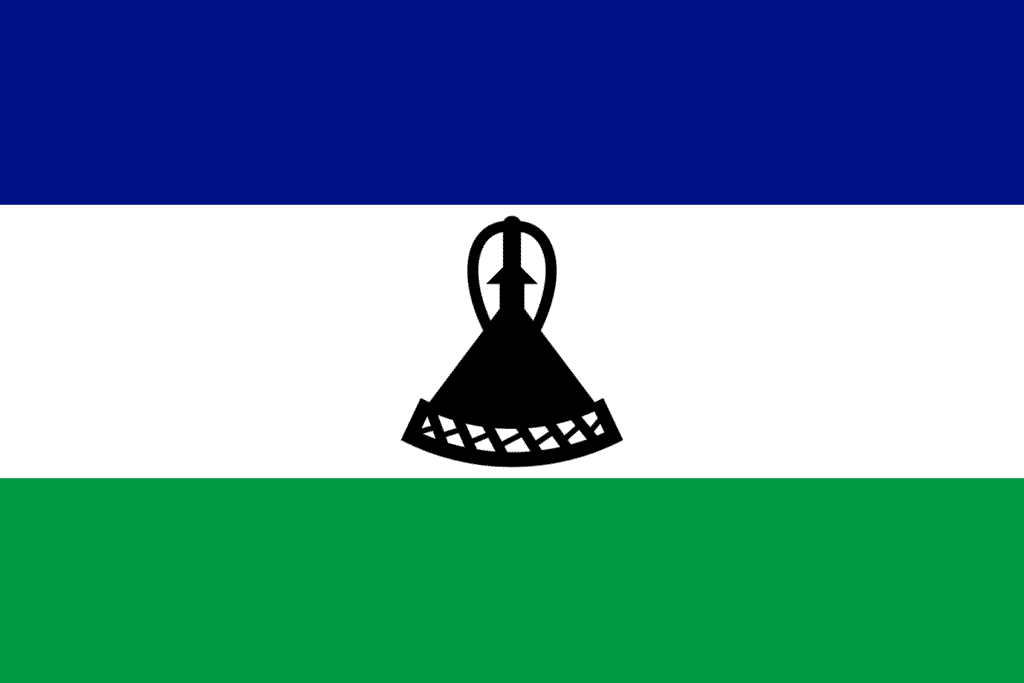
“Zimbabwean billionaire Strive Masiyiwa’s company Cassava Technology is partnering with US tech giant Nvidia to build Africa’s first AI factory.” Said DW Africa on Facebook last week.
The move aims to enhance Africa’s computing capabilities for AI innovation and digital independence. The first AI factory data center will be in South Africa by June, with expansion plans in Egypt, Kenya, Morocco and Nigeria.
“What does this new technology mean for Africa?” Asked DW Africa in an essence to get feedback from readers.
One Facebook users said “I personally applaud the Zimbabwe Billionaire in planning for the construction of the African first AI Factory in South Africa. But,100 percent of African High Schools and Universities have never and ever designed their Educational Curriculum with IT – Network Engineering and Telecommunication to teach courses such as A+ Certification, Security + Certification that forms the bedrock in transitioning Advanced and professional courses such as AI-Machine Learning, Deep Learning and Robotic Engineering.”
“I would like to see the Zimbabwe Billionaire use his money to construct IT-Telecommunication-Information Systems, Design Management and Cybersecurity laboratories in all High Schools, colleges and Universities.” He continued making example with “Courtesy of Wangoh Dynamics Technologies Inc-USA.
“How about helping the continent with internet connectivity? I’m sure the whole of Zimbabwe is yet to be electrified” said another user questioning the narrative of AI data factories in Africa while the continent still struggles with electricity supply.
The Readiness Question: Is Africa Prepared for AI?
The announcement of Africa’s first AI factory has sparked a heated debate—while some see it as a major leap forward for the continent’s tech ecosystem, others question whether Africa has the foundational infrastructure needed to truly harness AI’s potential.
Lack of reliable electricity, limited access to high-speed internet, and gaps in AI-related education are real challenges. Critics argue that while AI factories sound impressive, the continent must first address the basics—digital literacy, IT education, and connectivity—to ensure widespread benefits.
Interestingly, open-source AI platforms are also gaining traction as a way to make AI more accessible in Africa. Initiatives like DeepSeek AI are showing how AI development can be democratized, enabling more people to participate in this technological shift without heavy reliance on expensive infrastructure.
A Step Toward Digital Independence?
On the other hand, many believe this project signals Africa’s intent to be a player in the global AI race rather than just a consumer of technology developed elsewhere. The AI factory could reduce Africa’s reliance on foreign cloud computing, create jobs, and open doors for homegrown AI solutions that address uniquely African challenges—from agriculture to healthcare and beyond.
The Future of AI in Africa
So, what does this really mean for Africa? Will AI innovation accelerate economic growth, or will it widen the digital divide? For this vision to succeed, collaboration between governments, private investors, and educational institutions will be crucial.
What’s your take? Is Africa truly ready for AI? Join the conversation! 🚀💬
#AfricaTech #AIinAfrica #StriveMasiyiwa #TechRevolution #DigitalTransformation


